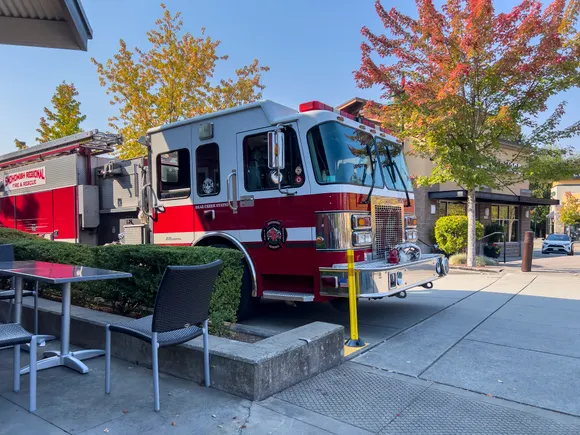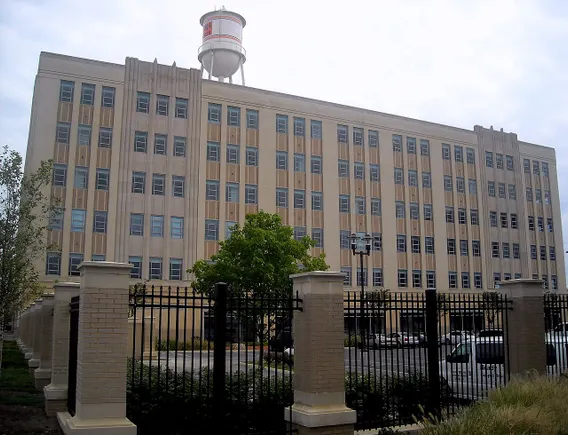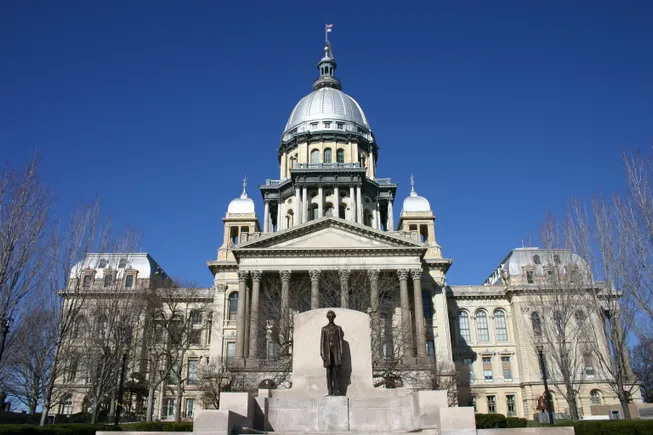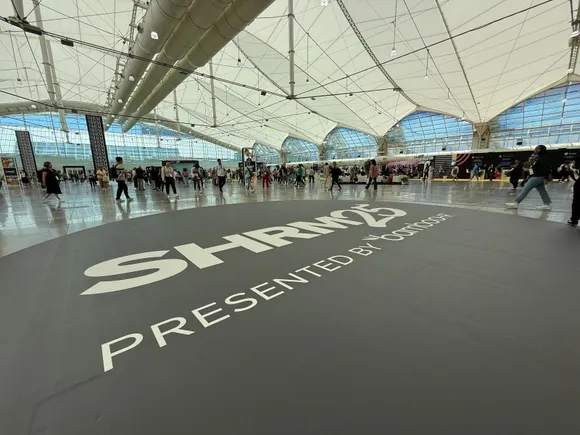Dive Brief:
- Washington state’s Snohomish Regional Fire & Rescue did not violate Title VII of the 1964 Civil Rights Act when it refused to exempt firefighters from its COVID-19 vaccine requirement allegedly in violation of their religious beliefs, the 9th U.S. Circuit Court of Appeals held Sept. 2.
- The plaintiffs requested an accommodation in the form of masking, testing and social distancing, but SRFR determined it could not do so without imposing an undue hardship on its operations. Instead, it advised the firefighters to use accumulated leave days and then apply for a one-year leave of absence. SRFR approved all such requests. The plaintiffs later returned to work.
- The plaintiffs claimed that SRFR violated Title VII and Washington state law. A district court granted summary judgment to SRFR, and the 9th Circuit affirmed, holding that the combination of health and safety costs, operational burdens and financial costs of allowing firefighters to work while unvaccinated posed a substantial burden in line with the standard established by the U.S. Supreme Court’s 2023 decision in Groff v. DeJoy.
Dive Insight:
The lawsuit is one of several to test the high court’s Groff precedent, which clarified that an employee’s proposed workplace accommodation of a sincerely held religious belief or practice may only constitute an undue hardship if the accommodation would pose a burden that is substantial in the overall context of an employer’s business.
Applying that decision, the 9th Circuit held that SRFR had met the standard. The court found that the substantial costs incurred by the fire department would have affected both its workforce and members of the public requiring its services. The court noted that firefighters likely could not always mask and social distance in order to contain spread of COVID-19 and that vaccination “offered the safest, easiest, and most effective way of doing so.”
Plaintiffs advanced numerous arguments to counter SRFR’s position, including that because only 11 firefighters required accommodation, the costs were overestimated. But the court disagreed, noting that 46 requests were initially received, amounting to nearly 25% of SRFR firefighter workforce. It also said that SRFR “could not afford to have substantial numbers of its firefighters on sick leave” in the event that masking, testing and social distancing failed to contain disease spread.
Other court decisions on religious exemptions post-Groff have yielded more favorable outcomes for plaintiffs.
Late last month, an Illinois jury sided with an electrician who was similarly denied a COVID-19 vaccine exemption. The plaintiff in that case, a practicing Catholic, alleged he was denied an exemption and replaced with a non-Catholic who received the vaccine. The plaintiff also noted in his complaint that he had minimal interaction with the public, which meant that an accommodation would not have posed an undue hardship.
Earlier in August, the 7th Circuit reversed a district court’s decision siding with a school district that refused to exempt a Christian teacher from its requirement that staff call transgender students by their chosen names. The 7th Circuit held that the teacher’s proposed accommodation — calling students by their last names — may not have imposed a burden so substantial as to clear the Groff standard.
As employers and employees hash out religious accommodation claims in court, the U.S. Equal Employment Opportunity Commission has similarly moved to enforce Title VII in line with Groff. EEOC issued two recent federal workforce decisions in favor of employees, including one in which an agency failed to accommodate a Christian worker’s COVID-19 vaccine exemption request.
In managing religious accommodation requests post-Groff, attorneys for Duane Morris previously wrote in an op-ed for Legal Dive that employers may need to take a flexible approach that considers how such requests actually affect business operations. The attorneys also advised creating clear mechanisms by which employees can request accommodations and evaluating how the organization has decided on substantially similar past requests to ensure consistency.






Leave a Reply